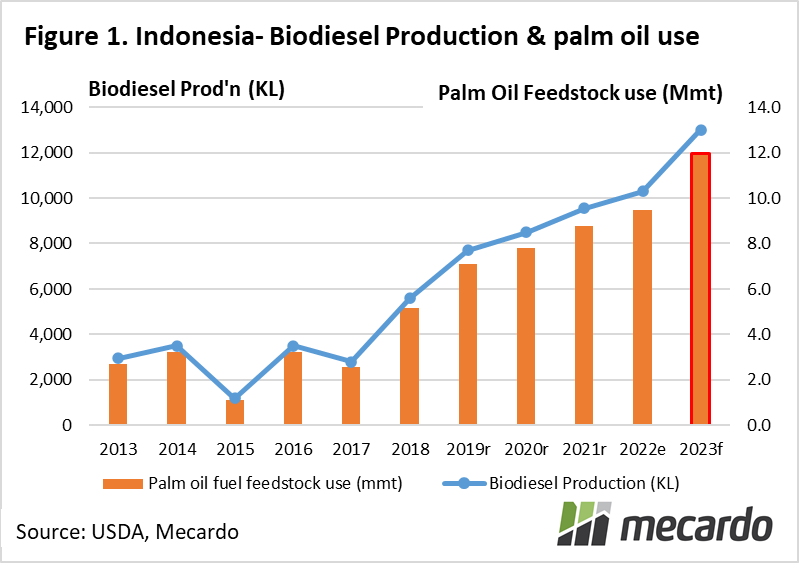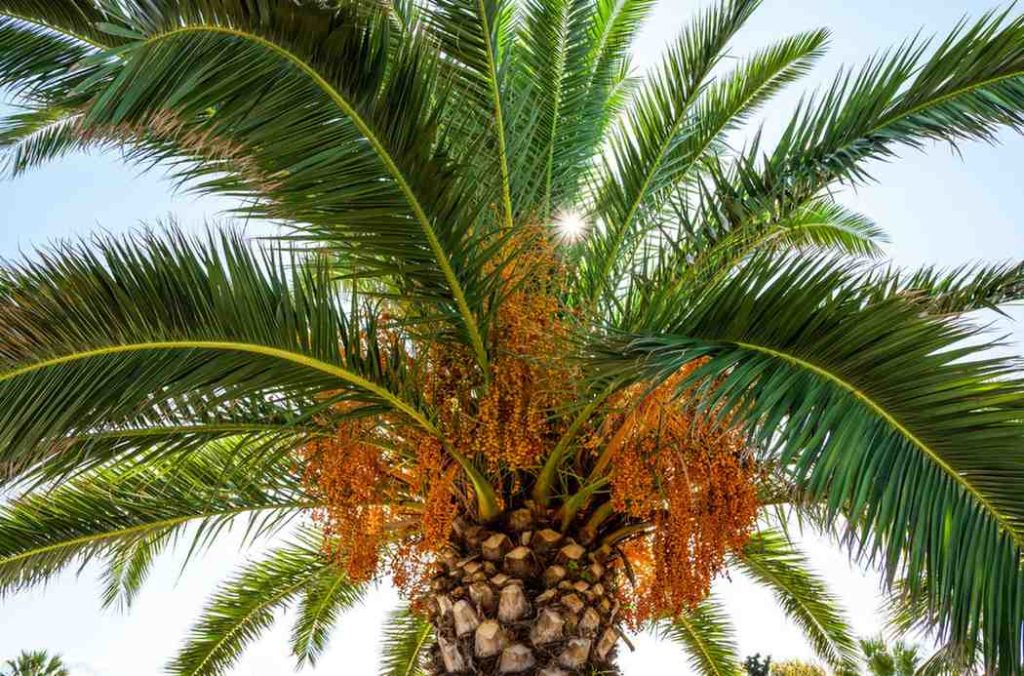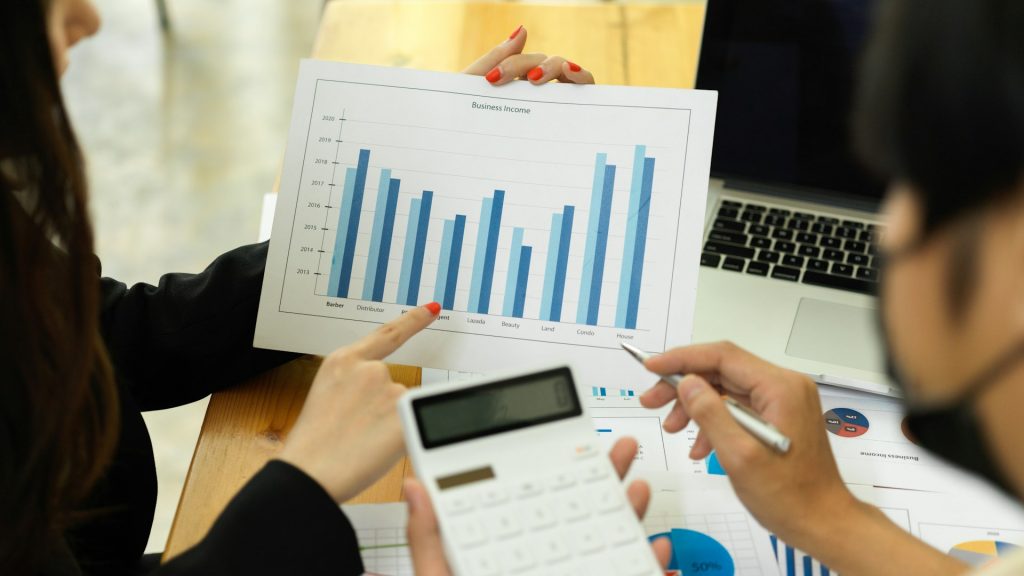Over the last five years, Indonesia’s biodiesel market has undergone an extraordinary transformation, driven by the country’s firm stance on reducing fossil fuel dependency. Between 2018 and 2023, the market volume of biodiesel soared from 3.7 million kiloliters to 13.0 million kiloliters, reflecting a CAGR of 28.2%. Meanwhile, the market value surged from IDR 40.7 trillion to IDR 139.7 trillion, achieving a CAGR of 27.9%.

Government Policies Driving Indonesia’s Biodiesel Market Growth
This surge has been no accident. The government’s aggressive renewable energy policies (especially the biofuel blending mandate) have played a central role. Initially launched in 2016, biofuel blending became compulsory for all sectors by 2018, accelerating market adoption. With targets set at 30% (B30) in 2020 and increasing to 35% (B35) in 2023, the policy has both encouraged domestic production and reduced reliance on imported fuels.
Read Also: Indonesia’s Sustainable Infrastructure Journey: Challenges and Innovations
However, the path hasn’t been linear. In 2023, production constraints forced the government to revise down from an initial B40 target to B35. Yet, this cautious step has kept the momentum intact without compromising fuel supply stability.
Key to this effort are state-blending entities like PT Pertamina and PT AKR Corporindo, which are responsible for ensuring biofuel is properly integrated across sectors—from transportation to manufacturing. Their operational role supports a seamless transition to greener fuel use.
Despite global volatility, biodiesel prices in Indonesia remained relatively stable, thanks to government pricing regulation, which protects both consumers and producers. This price stability has helped drive broad acceptance across industries, particularly in transport and agriculture.
As the country continues its push toward B40 and ultimately B100 (fully green fuel), Indonesia is not only reducing its carbon footprint but also setting a benchmark for developing nations. The future of Indonesia’s Biodiesel Market looks promising: green, local, and sustainable.








